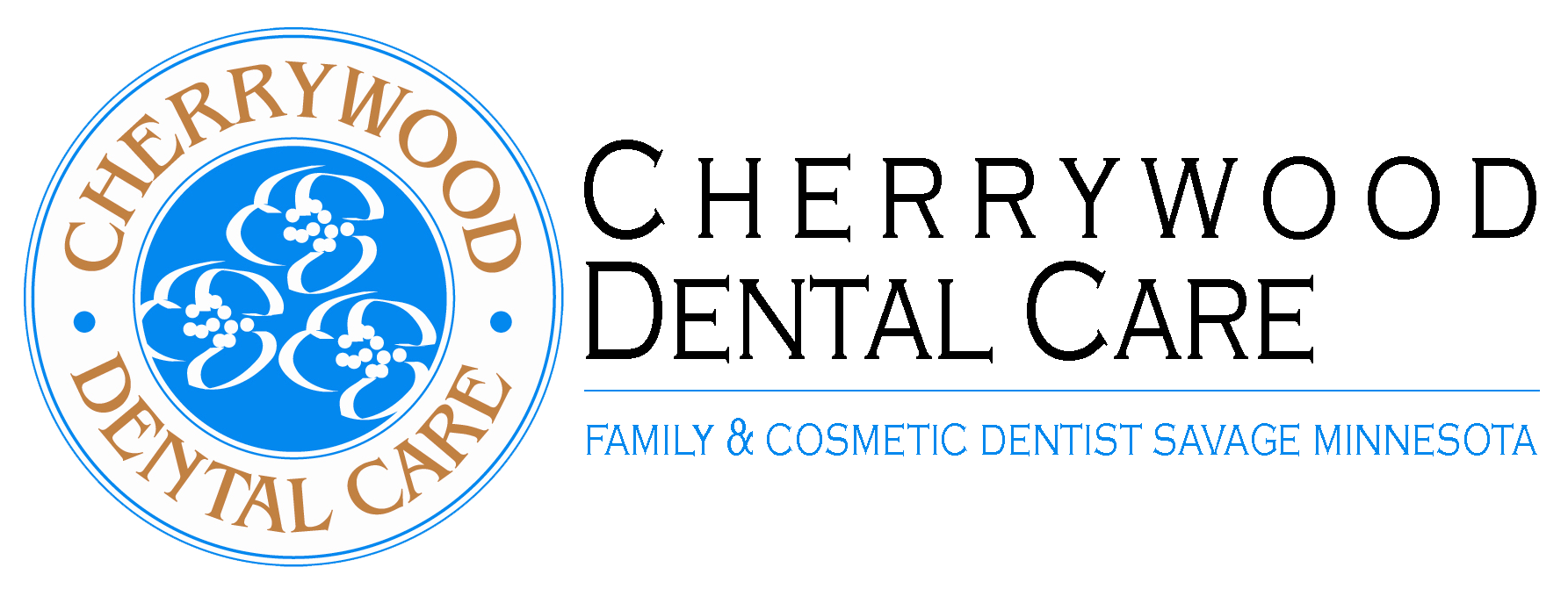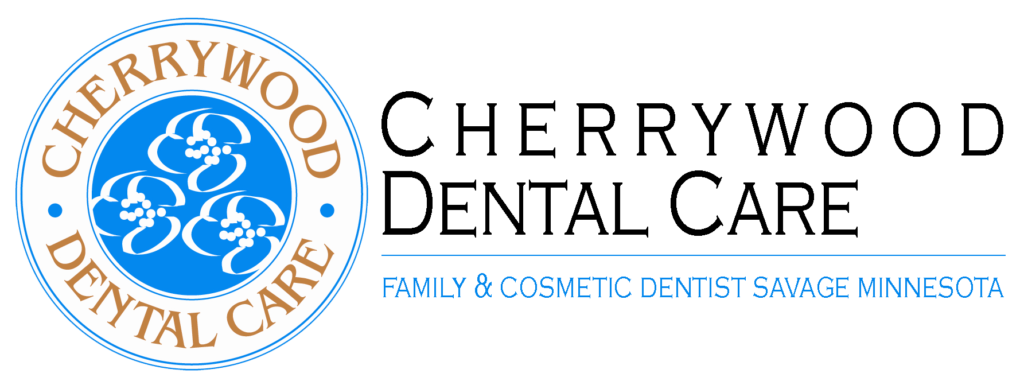What is Emergency Dental Care?
Some medical emergencies are best treated with a trip to the emergency room, and some are best treated by an emergency dentist. To avoid costly and potentially unnecessary trips to the emergency room, it’s important to know the difference between these two things. Additionally, some dental injuries may require immediate attention and treatment, while some can wait until you can visit your regular dentist. Common oral injuries may be caused by biting down on hard food, playing sports, falling, or another type of accident. These injuries may result in cracked or broken teeth, lacerations to the gums, or teeth that are knocked out entirely. If the injury is mild and the location of the tooth isn’t too inconvenient or unsightly, a minor injury can usually be addressed with a call to your dentist during normal business hours. If however, the tooth is severely cracked, or if a large piece is missing, or if the tooth is knocked out completely or the nerve is damaged, it is best for you to seek immediate emergency dental attention. If you tooth has been knocked out, try not to handle the tooth on the way to the emergency dentist. If it’s possible, see if you can insert the tooth back in the socket; using a cushion of dampened gauze or a moist tea bag will allow you to bite down to hold the tooth in place. It is obviously very important that you don’t swallow the tooth on the way to the emergency dentist. If the tooth that has been knocked out won’t stay in the socket while you’re en route to the emergency dentist, clean it off with water and store it in a small container of either milk or your saliva until you are able to meet with a medical practitioner. You may want to apply a dampened cold compress to the tooth socket, to relieve pain and staunch blood.
Clearly, a knocked out or seriously broken tooth requires immediate medical attention. Sometimes, dental emergencies aren’t as obvious, however. In cases of severe tooth pain, as with an infection or abscess, it may be harder to determine if emergency dental care is necessary. If it is during normal business hours, call your regular dentist first, as some dental practitioners leave times available during the business day to meet with emergency patients. Even if it is not during normal business hours, and you know your dentist’s office is closed, a phone call can be helpful, as your dentist may provide an emergency number or list emergency procedures on their answering machine. If there’s no information provided on the dentist’s answering machine, head to your local emergency room. The medical staff at the emergency room may be able to help you decide whether you can wait to see your regular dentist, and they may also be able to provide or prescribe medication to address pain while you wait to see you regular dentist. The best way to avoid needing emergency dental care for infection or abscess is by scheduling regular dental cleaning appointments, twice as year, as well as brushing with fluoride toothpaste twice daily and flossing daily. Be sure to use a mouthguard if engaging in contact sports, and avoid using your teeth as a bottle opener or otherwise forcing them into contact with hard surfaces.
More on Emergency Dentistry : Emergency Dentistry for Children

